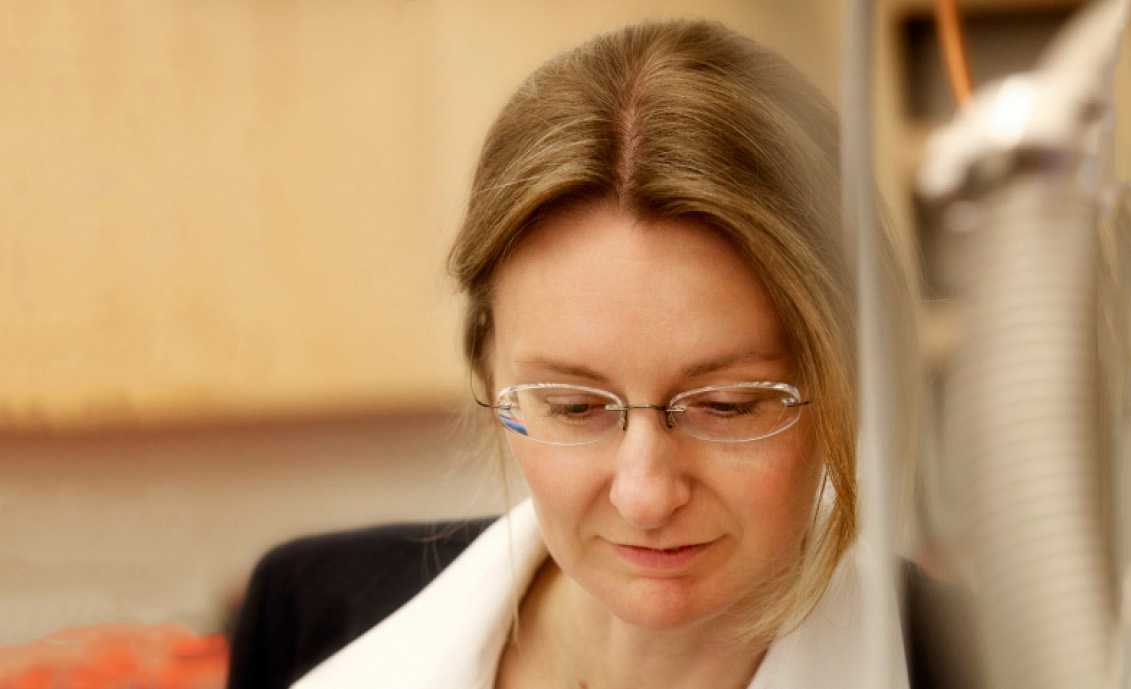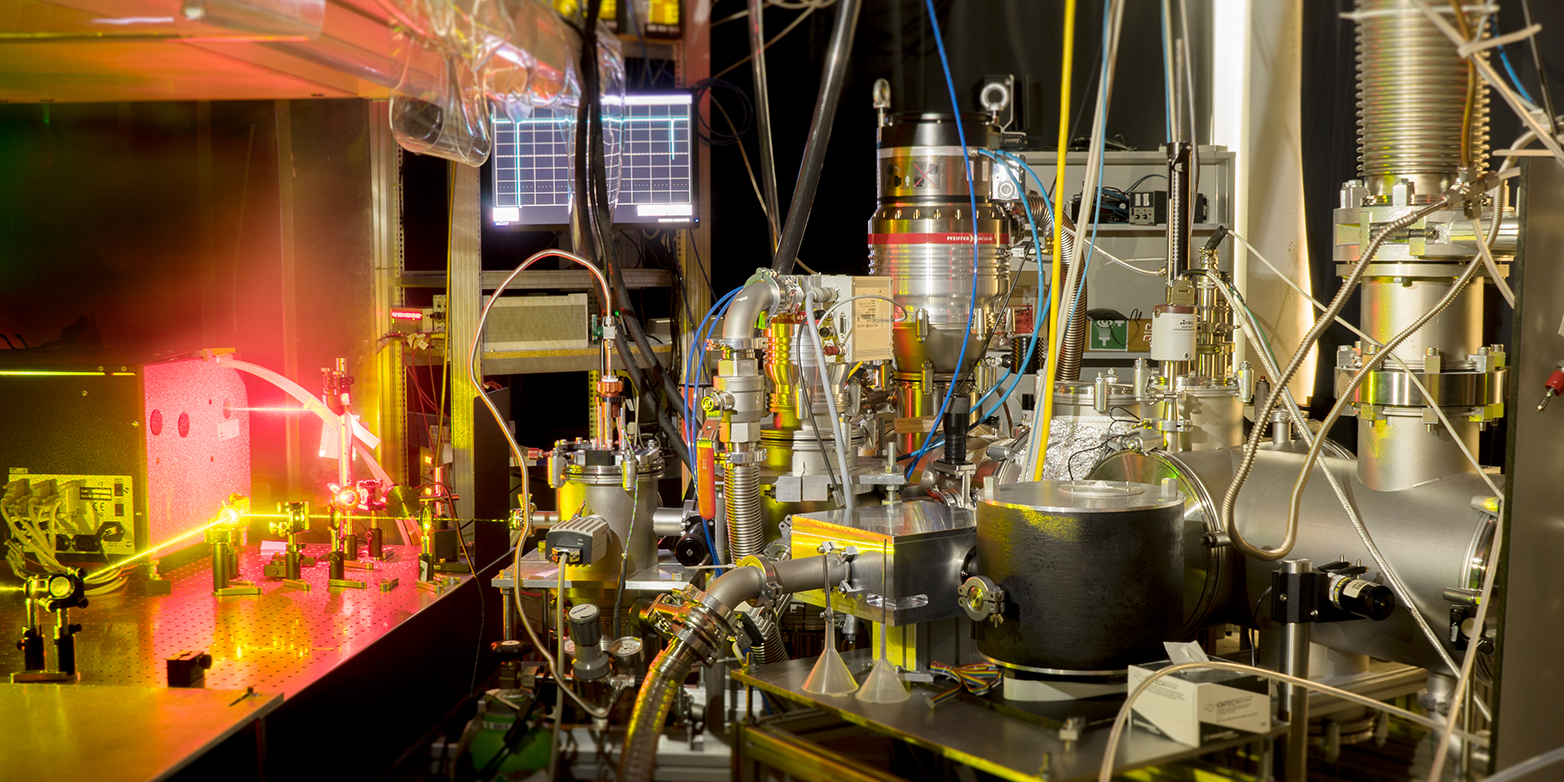Doron Prize for Ruth Signorell
- D-CHAB
- Preise
- LPC
- Highlights
- Awards
Ruth Signorell, Professor of Physical Chemistry at the Department of Chemistry and Applied Biosciences is among this year's recipients of the Doron Prize. She is receiving the award for her pioneering work in the field of "Fundamental Aerosol Science." The prize, endowed with CHF 100,000, has been awarded annually since 1986 to individuals or institutions for their achievements in the fields of science, culture, and public welfare.
Aerosols are suspensions of fine solid particles or liquid droplets in a gas; in their smallest form, the particles/droplets are about 1.5 nm in size. Aerosols, which include clouds, play an important role in the atmosphere, for example, in the weather and, in the long term, for the climate: sunlight falling through aerosol droplets, for instance, also controls photochemical reactions, which in turn affect atmospheric chemistry. Ruth Signorell and her group at ETH Zurich have done pioneering work in basic aerosol science.

The Swiss researcher studied mathematics at the University of Zurich and later chemistry and physics at ETH Zurich. Since 2012, Ruth Signorell has been a full professor of physical chemistry at the Department of Chemistry and Applied Biosciences at ETH. With her group, she uses light to detect, manipulate, and characterize ultrafine aerosol and nanoparticles. The goal is to learn more about their physicochemical properties, their structure, reactive processes and phase transitions, the formation of new particles, and confinement effects in the light-particle interaction. The development of new (detection) methods is also part of Signorell's research.
She and her team were the first to successfully model the rate of chemical reactions in aerosol droplets in the atmosphere and the first to develop an experiment to study the first microseconds of aerosol formation (the nucleation process). In doing so, the group was able to detect the volatile components for the first time-- in this case CO2 -- and could show that these components were both essential for the formation of nuclei and also accelerated this process.

Professor Signorell's research has already been recognized with numerous awards, including the prestigious Humboldt Award. She has led, among other things, an international scientific network for the real-time chemical and physical analysis of nanoaerosols and has been a member of the European Academy of Science since 2020. Now her pioneering work in the field of fundamental aerosol science will be recognized with the Doron Award 2022.
To receive the Doron Prize is a great honor for me and means recognition not only for me personally but also for the work of my research group.Prof. Ruth Signorell
"I am particularly pleased that the importance of basic research in aerosol science is thus underlined," Ruth Signorell says ,"especially unsolved problems, for example in connection with the Corona epidemic or climate issues, have shown how essential the development of novel measurement methods for complex systems like aerosols is - essential for research, but also for society as a whole. Research funding in Switzerland at institutions such as ETH plays a central role in this by making basic research possible. One aspect that my research group will pursue in the future is the study of the very smallest aerosol particles, whose behavior still raises many questions today."
According to the Swiss Foundation for the Prize, Ruth Signorell's research has made "an important contribution to the clarification of hitherto unknown aerosol properties and processes with an impact on the environment and climate". In addition, she promotes "young scientists and equal opportunities for women and men". The Doron-Prize, endowed with CHF 100,000, has been awarded annually since 1986 to individuals or institutions that have made extraordinary contributions in the fields of science, culture, and public welfare.